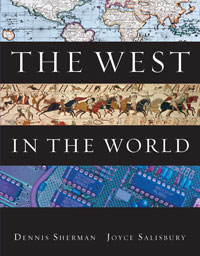1 A) True B) False 2 A) True B) False 3 Principia .A) True B) False 4 A) True B) False 5 A) True B) False 6 A) True B) False 7 Discourse on Method presents and defends the idea of deductive reasoning.A) True B) False 8 deductive reasoning.A) True B) False 9 A) True B) False 10 A) True B) False 11 A) True B) False 12 A) True B) False 13 A) True B) False 14 Essay Concerning Human Understanding , David Hume expressed the idea that only our own human existence could be known for certain.A) True B) False 15 A) True B) False 16 A) True B) False 17 A) True B) False 18 Encyclopedia .A) True B) False 19 A) True B) False 20 A) True B) False 21 philosophes found that the idea of rational laws applied only to government.A) True B) False 22 A) True B) False 23 On Crimes and Punishment , advocated that criminal activity, other aspects of modern life, should be subject to reason and natural law.A) True B) False 24 A) True B) False





